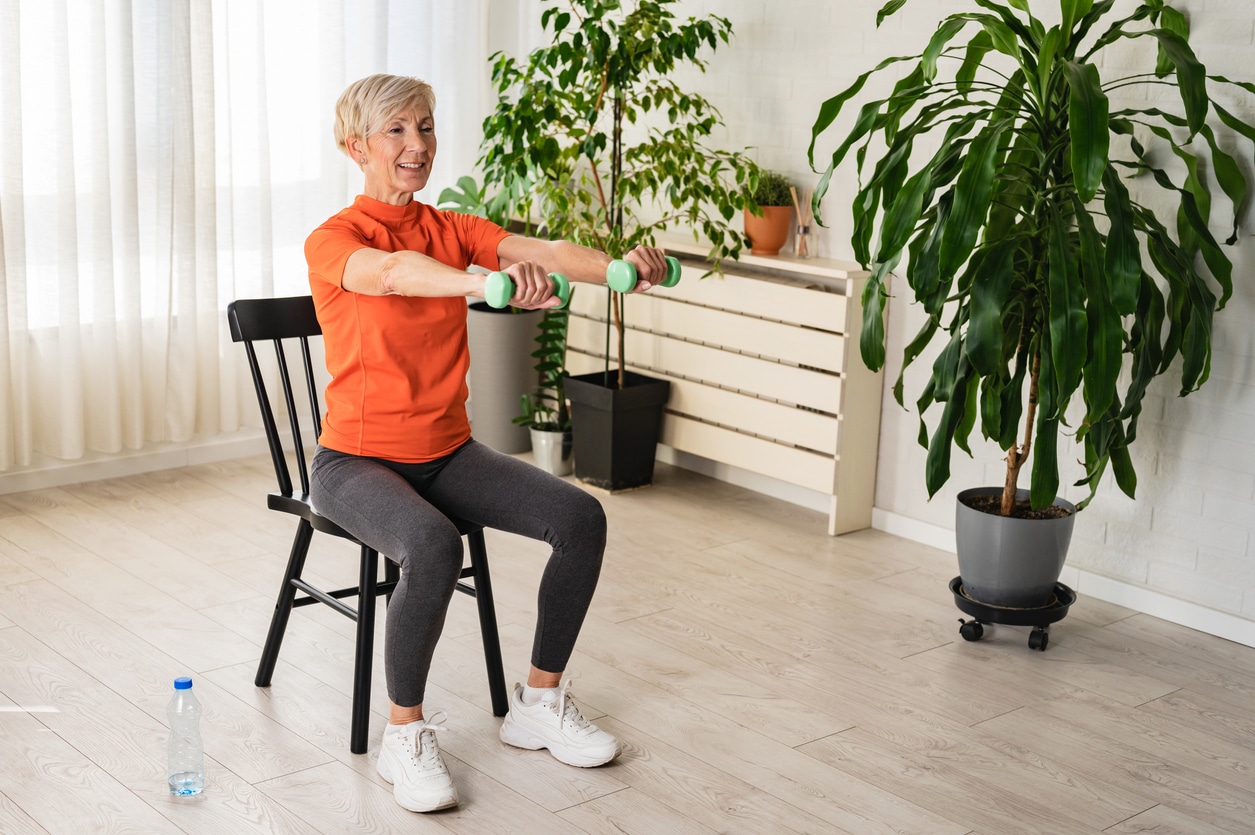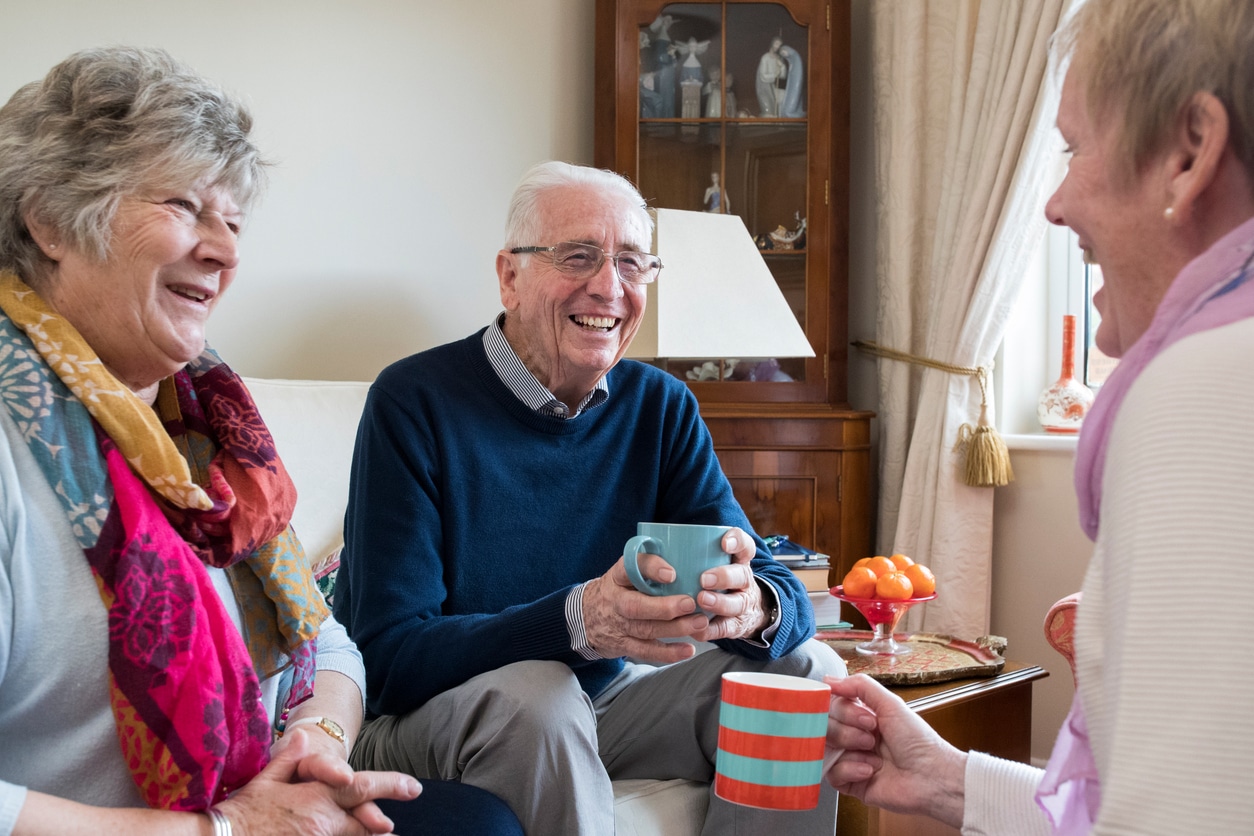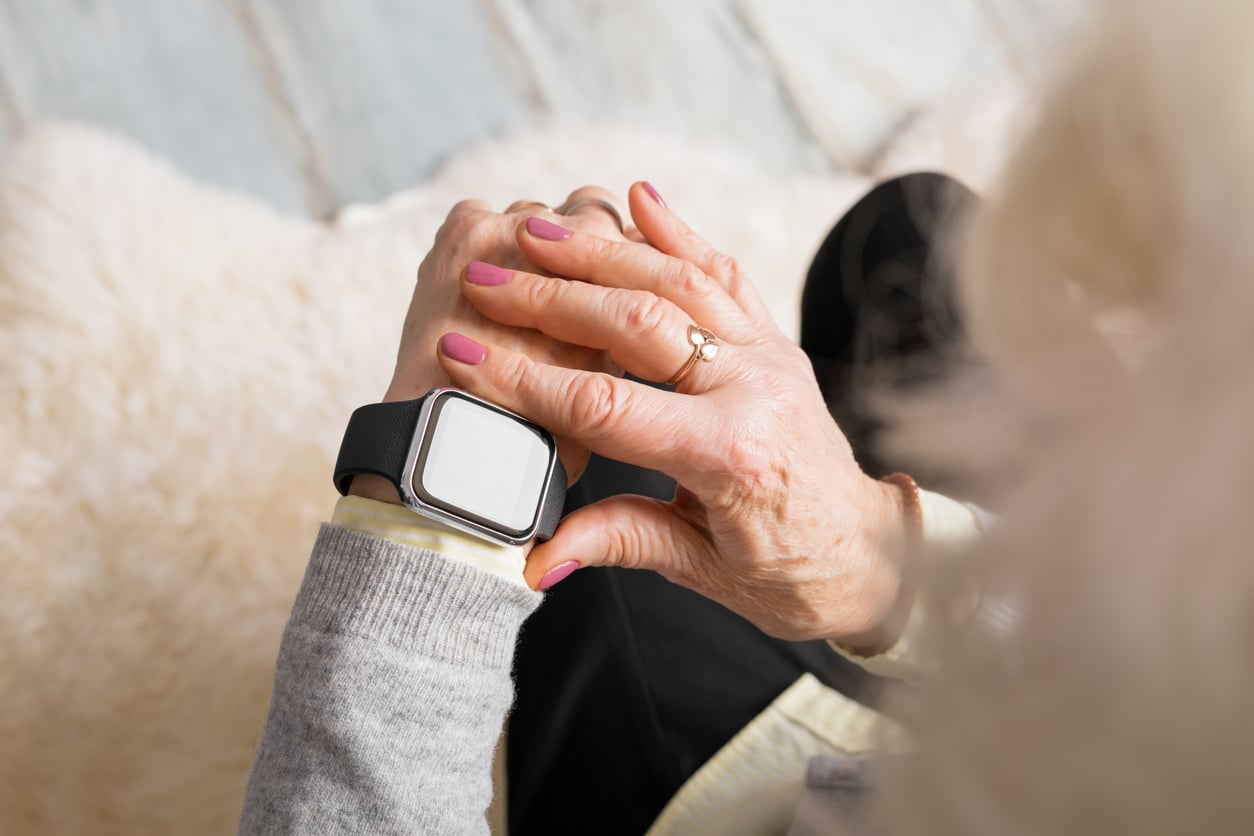Allergies can develop and worsen over time, becoming more challenging to manage as we age. For seniors, allergies can lead to uncomfortable symptoms and even more serious health conditions. In this article, we will explore how allergies can affect seniors and discuss potential coping strategies.
Symptoms and Challenges
Allergies in seniors can manifest in various ways, causing discomfort and disruptions to daily life. Symptoms such as sneezing, coughing, swelling, and respiratory issues can be particularly troublesome. These allergic reactions may be mistakenly attributed to other health conditions, adding to the complexity of diagnosis and management.
Coughing
Persistent coughing due to allergies can disrupt sleep patterns, leading to fatigue, decreased functionality, and potential headaches. Adequate rest is crucial for seniors to allow their bodies to heal and rejuvenate.
Sneezing
Frequent sneezing can be frustrating and may result in watery eyes, nasal discharge, and even involuntary bladder leakage. For seniors with pre-existing respiratory problems, constant sneezing can exacerbate their symptoms, causing headaches, dehydration, and nosebleeds.
Itching
Seniors may experience itching caused by various allergens such as pollen, certain fabrics, or even certain foods. Aging skin tends to be drier and more delicate, making excessive scratching detrimental. Persistent itching can break the skin, leading to rashes, pain, and potential infections. Additionally, itchy eyes can be problematic as excessive rubbing may damage the delicate eye surface, potentially causing infections and swelling.
Rashes or Hives
Allergic reactions can manifest as painful or itchy rashes and hives. Scratching these areas can lead to further soreness, bleeding, and the risk of infection. Severe allergic symptoms combined with existing respiratory, or skin conditions can turn a seemingly mild seasonal allergy into a nightmarish experience for seniors.
Care and Treatment
Proper diagnosis is crucial to effectively manage allergies in seniors. It is essential to consult a medical professional to determine the specific allergens and develop an appropriate treatment plan. This applies even to over-the-counter medications.
Antihistamines in the form of oral medications, nasal sprays, or creams can help alleviate itching, swelling, and pain associated with allergic reactions. However, it is vital to seek medical advice before administering any medication.
Creating an allergy-friendly environment can significantly reduce symptoms. Keeping the house free of dust and pollen by closing windows during allergy seasons can be beneficial. Wearing masks or face coverings can also help minimize exposure to allergens. Additionally, avoiding known allergenic foods and carefully reading product labels to identify potential allergens can be crucial.
Using milder soaps and detergents, particularly those designed for sensitive skin, can help prevent allergic reactions. Opting for clothing made from natural fibers instead of synthetic materials can also reduce the risk of allergies.
Seniors taking multiple medications should review their prescriptions to ensure there are no interactions causing allergic symptoms. It is essential to consult a healthcare professional regarding medication management.
Consider a Medical Alert System
If you are concerned about a senior loved one’s allergies, investing in a medical alert system can provide peace of mind. This allows almost immediate access to professional medical assistance. Lifeline Trained Care Specialists will be able to determine and send the right kind of help needed for the situation. Family members or caregivers can also be notified of any incidents as they occur.
Allergies can have a significant impact on the health and well-being of seniors. Recognizing the symptoms, seeking proper diagnosis, and implementing appropriate strategies for managing allergies are essential. By taking preventive measures and seeking medical advice, seniors can minimize the discomfort caused by allergies and maintain a better quality of life.




